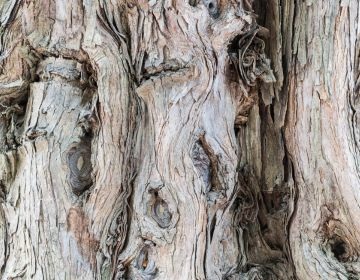Search
PRODUCT CENTER
- Actives
- Plant extracts
- Oils
- Wax
- skin conditioner
- surfactant
- Natural Colors
- Emulsifier
- Sunscreen
- Rheology Modifiers
- Preservative
- Powder
- Insect repellent
- Scrub
- Petals
- Emollient
- Fragrance&Essential oils
- Other
- Moisturizer
- Antioxidant
- Liposome
- Thickeners & Emollients
- Active Ingredients
- Clay
- Mineral powder
- dandruff remover
- essential oil
INCI Name
Product Introduction
Australia sandalwood (Latin name: Santalum spicatum), also known as: spike sandalwood, big fruit
sandalwood, because it is mainly grown in Western Australia, so it is also known as "Western Australia
sandalwood"; the market in order to differentiate from the original Indian production of the old sandalwood,
and customary Australian sandalwood is called "new sandalwood".
Australian sandalwood (sandalwood) is a semi-parasitic evergreen shrub of the genus Sandalwood in the
family Sandalwoodaceae, often parasitized in the roots of Acacias to absorb water and nutrients, and then
no longer parasitized when it grows up. Sandalwood essential oil is obtained by steam distillation from the
heartwood of sandalwood. Sandalwood in the natural state of growth is very slow, about 8 years to form
the heartwood, 30 to 40 years to harvest, the longer the growth time, the higher the oil content of the
heartwood, the more warm and mellow the aroma of the extracted essential oil.
Sandalwood growth conditions are harsh, the growth cycle is very long, the production is very low, so the
price is more expensive. The best quality sandalwood recognized in the market is East Indian white
sandalwood (Latin name: Santalum album), but due to the Indian government to take strict protection
measures to limit the felling and export restrictions, so it is difficult to see the real East Indian white
sandalwood on the market. Australia's sandalwood oil, although in the composition and odor and East
India white sandalwood has some differences, but because of the relatively low price, and stable supply,
has become the market mainstream sandalwood essential oil varieties.
Technical Information
Appearance: light yellow to yellow viscous liquid
Extraction Part: Wood
Origin: Australia



